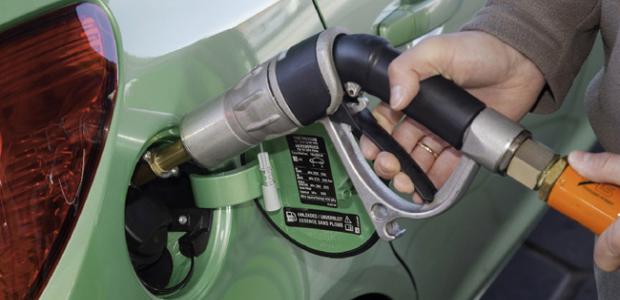Auto fuel and LNG stations and suppliers are benefiting from excessive profit margins in many parts of Greece beyond the capital, reaching levels not justified by transportation expenses, a study conducted by General Secretariat of Commerce and Consumer Protection has found.
The profit margin enjoyed by fuel stations in nine prefectures where fuel is traditionally more expensive was more than double that of stations in Athens, the study showed.
Auto LNG in Hania (Crete), Corfu, and Mytilini, was 16 cents per liter more expensive than the average price level in Athens, 18 cents per liter higher in the Cyclades, and 20 cents per liter higher in Kefallonia.
Fuel stations and suppliers serving markets beyond the capital often cite transportation costs for higher prices, but at such levels, excessive profiteering is definitely at play.
Taking into account the lower 16 percent VAT rate – instead of the usual 23 percent – imposed on fuel in all the Aegean islands, except for Crete, further highlights the case.
Auto fuel prices in the wider Athens area, where market competition is strongest, were used as the study’s basis for comparison. Retailers and suppliers evenly share a nine cent profit margin, or 4.5 cents each, in the wider Athens area.
The study found that auto fuel retailers and suppliers are sharing profit margins of 21.3 cents per liter in Heraklion (Crete), 21.7 cents in the Dodecanese, 23.2 cents in Kefallonia, and 30 cents in Zakynthos and the Cyclades.
Auto fuel transportation costs on Corfu reach 3 cents per liter, between 2.5 and 5 cents on Crete, and even less on the Cyclades, where fuel transportation costs are subsidized.
As for auto LNG, used by between 100,000 and 150,000 drivers, price discrepancies around the country reached as much as 20 cents per liter, compared to Athens price levels.
Despite the glaring problem, no state action has been taken. General Secretariat of Commerce and Consumer Protection officials noted that overpricing practices can only be penalized if it is confirmed they are being set by cartels. General Secretariat of Commerce and Consumer Protection officials contend they have repeatedly notified the Competition Commission, which is responsible. This latter body claims to have repeatedly sent inspection teams to the country’s nine prefectures where prices are highest but has failed to reach conclusions because it is difficult to determine whether cartels are shaping prices.





